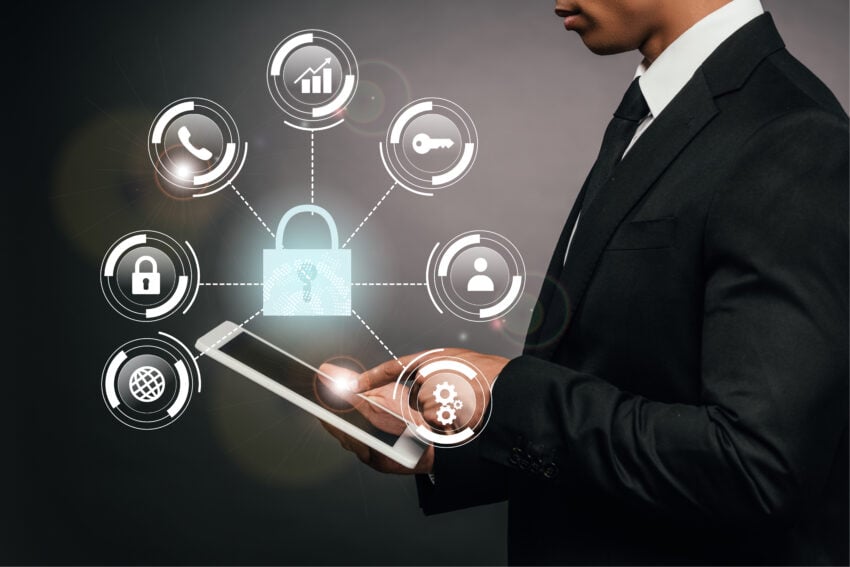In today’s digital age, cybersecurity has become a critical aspect of running any business. With the increase in cyber attacks, it is important for businesses to have strong cybersecurity measures in place to protect their sensitive data and prevent financial loss.
But what exactly is cybersecurity? Simply put, it refers to the protection of computer systems and networks from theft, damage, or unauthorized access. While it may seem like a complex and technical topic, there are five essential aspects of cybersecurity that every business owner should be familiar with. Let’s take a closer look at them.
1. Network Security
Network security is the protection of computer networks and their services from unauthorized access, misuse, modification, or denial of service attacks. This is often achieved by implementing firewalls, encryption, and other security measures to control the traffic that enters and leaves a network. It is important for businesses to have strong network security in place as it protects their sensitive data from being accessed by hackers or malicious software.
Network security also involves regularly updating and patching software to fix any vulnerabilities that may be exploited by cyber criminals. It also includes implementing strong access controls, such as multi-factor authentication, to prevent unauthorized users from gaining access to the network.
2. Data Protection
Data protection refers to the measures taken to protect data from being accessed, corrupted, or compromised. This involves using encryption techniques, regular backups, and secure storage methods to safeguard sensitive information.
Data protection is essential for businesses as it not only protects their own confidential data, but also the personal information of their clients and customers. In the event of a data breach, businesses may face legal consequences and damage to their reputation. Therefore, implementing strong data protection measures is crucial in maintaining trust with stakeholders and ensuring compliance with privacy laws.
3. Employee Education and Training
Human error is one of the leading causes of cyber attacks. Many hackers use social engineering tactics to trick employees into giving away sensitive information or unwittingly downloading malicious software onto company devices. That’s why employee education and training are essential in cybersecurity.
By educating employees on cybersecurity best practices and potential threats, businesses can reduce the risk of a successful cyber attack. This includes training employees on how to identify phishing emails, creating strong passwords, and properly handling sensitive information. Regular training sessions and simulated phishing attacks can also help keep cybersecurity top of mind for employees.
4. Mobile Device Security
With the rise of remote work and the use of personal devices for business purposes, mobile device security has become increasingly important. These devices are vulnerable to cyber attacks through malicious apps, unsecured Wi-Fi networks, and physical theft. Therefore, businesses must implement strong security measures on all company-issued and personally-owned mobile devices used for work purposes.
Some measures that businesses can take to improve mobile device security include implementing strong password policies, using remote wipe capabilities in case of a lost or stolen device, and regularly updating software and applications. It is also important for employees to be aware of the risks associated with using personal devices for work and to follow security protocols set by their company.
5. Incident Response Plan
Despite having strong cybersecurity measures in place, no business can ever be fully immune to cyber attacks. That’s why it is important for businesses to have an incident response plan in place. This plan outlines the steps that will be taken in case of a security breach or other cyber incident.
Having a well-defined incident response plan can help minimize damage and downtime in the event of an attack. It should include steps for identifying and containing the incident, as well as procedures for communicating with stakeholders and restoring systems back to normal. Regularly testing and updating this plan is crucial in ensuring a quick and effective response to any cyber incidents.
Conclusion
In conclusion, cybersecurity is an essential aspect of running a business in today’s digital world. By understanding and implementing these five essentials, businesses can better protect their sensitive data and reduce the risk of cyber attacks. It is important to continually educate employees on cybersecurity best practices and regularly review and update security measures to stay ahead of evolving threats.

